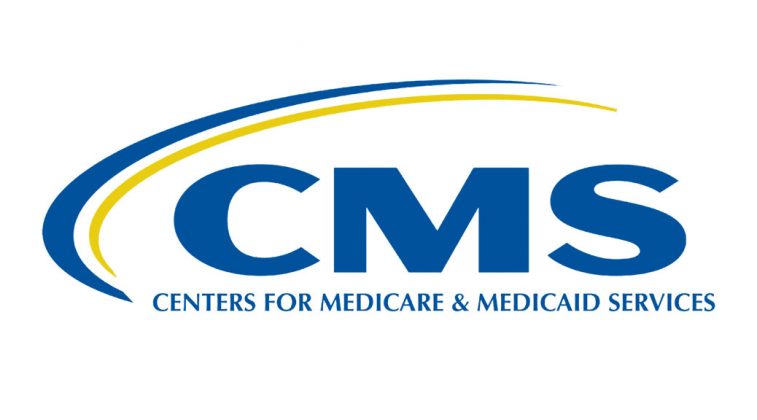The Centers for Medicare & Medicaid Services (CMS) announced that it will expand the Medicare Prior Authorization Model for Repetitive, Scheduled Non-Emergent Ambulance Transport (RSNAT) nationwide. Based on the model’s first interim evaluation report in 2018 and the recent release of the second interim evaluation report, which supports previous findings, the RSNAT program model was a success. The model has saved Medicare about $650 million over four years while preserving quality of care and access to essential services. The RSNAT Prior Authorization Model began in New Jersey, Pennsylvania, and South Carolina in 2014 and in 2016, North Carolina, Virginia, West Virginia, Maryland, Delaware, and the District of Columbia were added.
The model’s program integrity, patient safety and cost-savings elements will continue without interruption in the current states beyond December 1, 2020, when the model was originally scheduled to end in these states. CMS will release more information on the national expansion and implementation dates for additional states as it becomes available. The national model will follow the same design as the current model. CMS is continuing to monitor the COVID-19 Public Health Emergency and will take that into account when determining the timeframe for expansion into additional states.
To read the full release, click here.




